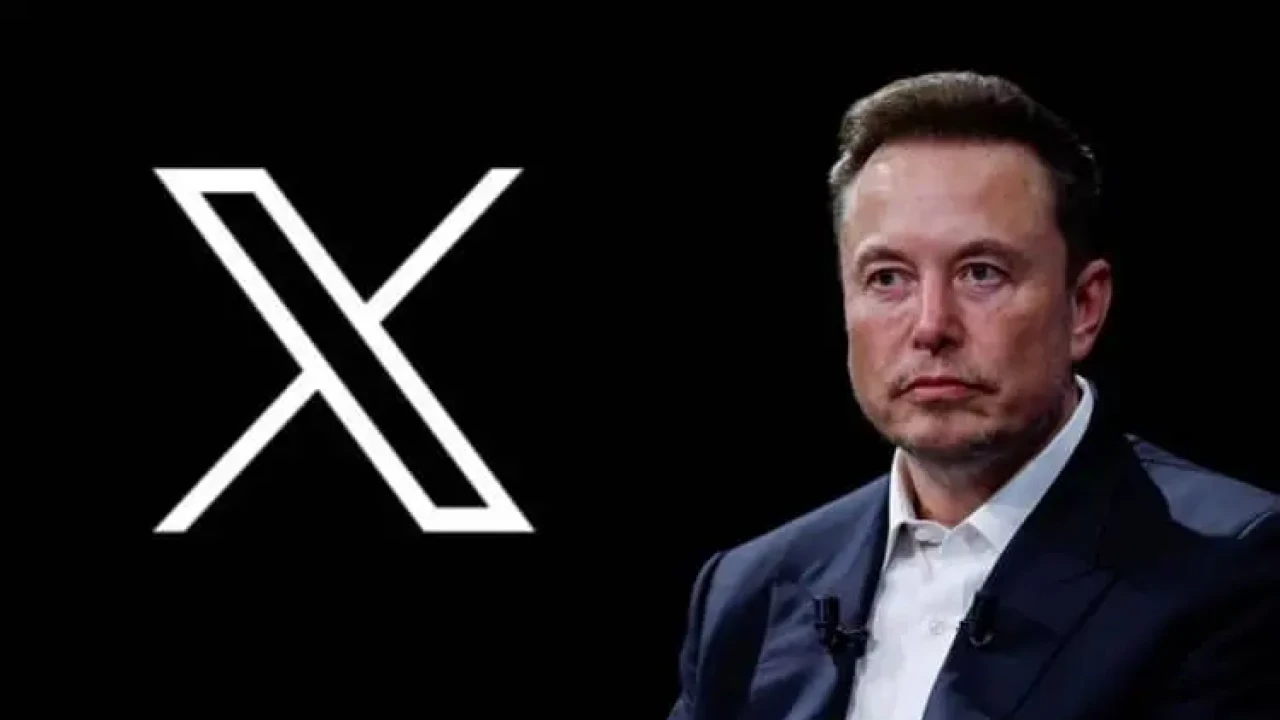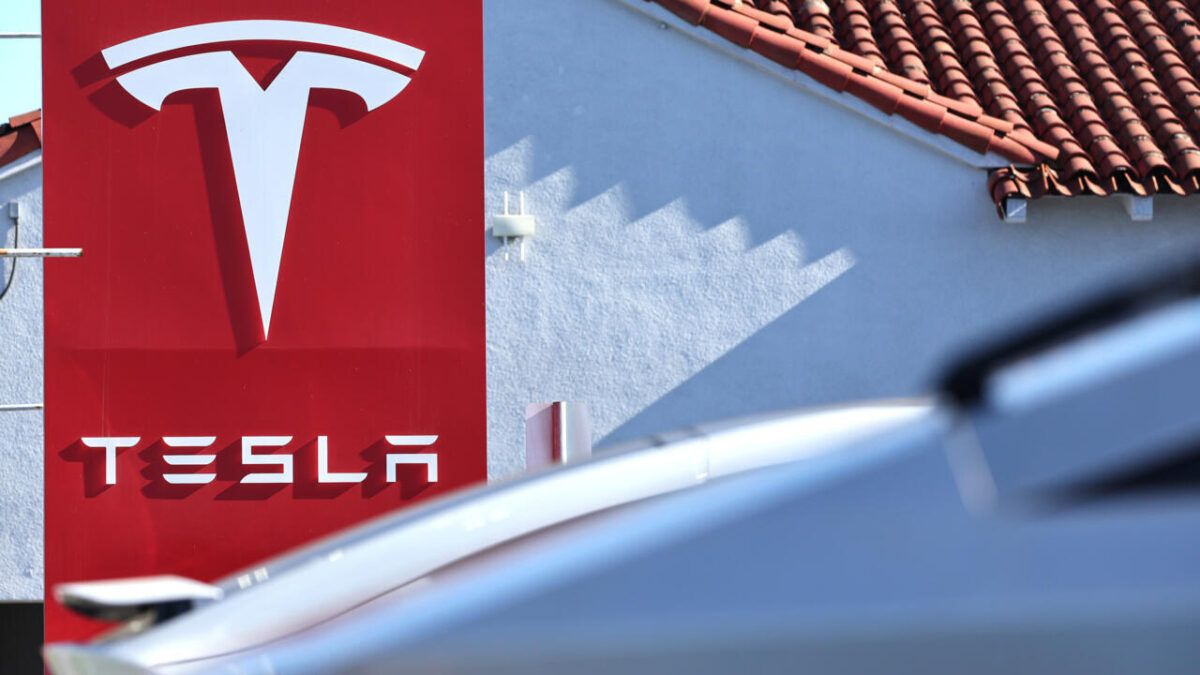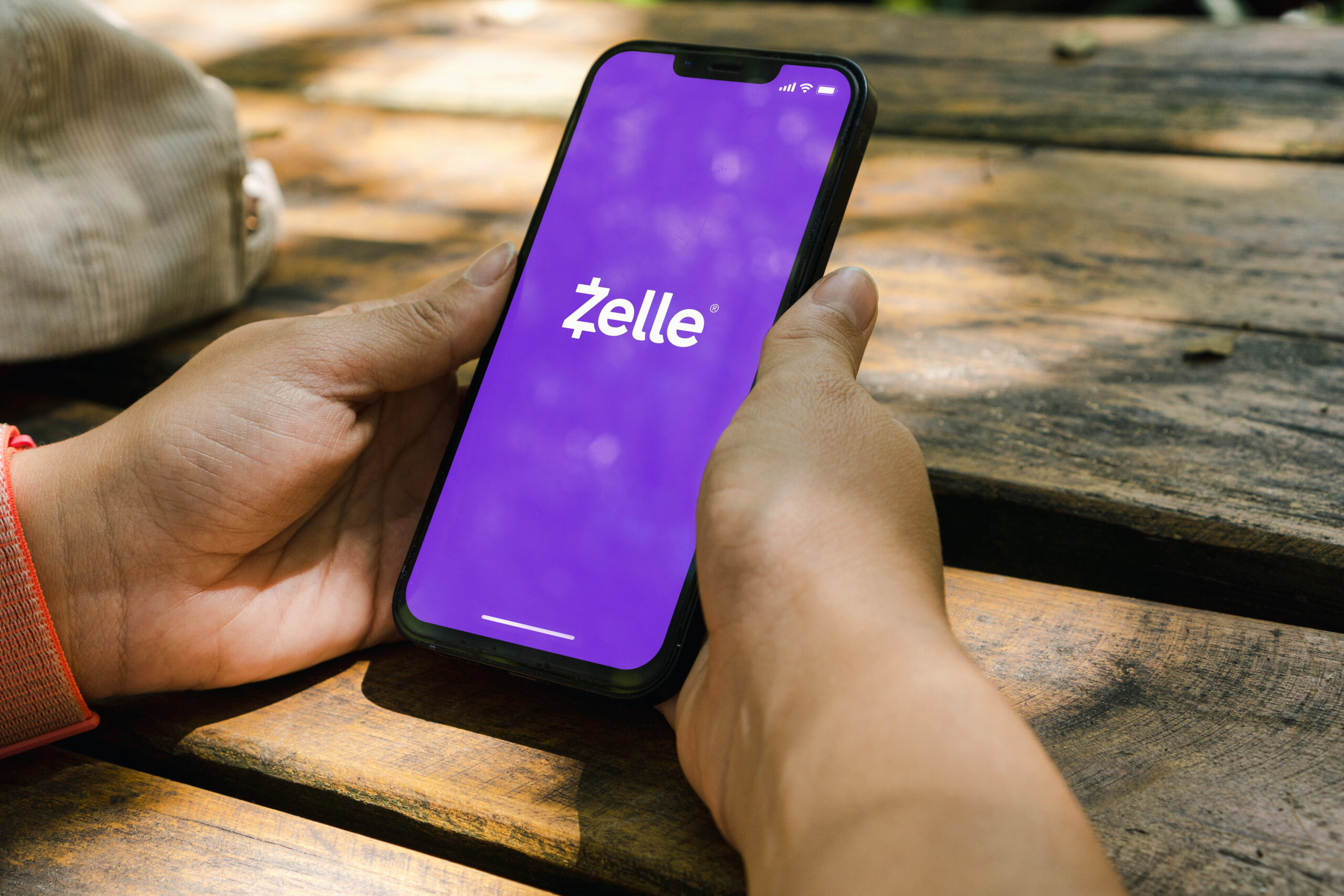In a dramatic escalation of tensions between international tech companies and national governments over online content management, social media giant X (formerly known as Twitter) has closed its Brazilian operations. This drastic step was taken after a direct confrontation with Alexandre de Moraes, a Justice at Brazil’s Supreme Federal Court, who issued severe legal threats including potential arrests of company representatives.
The Why and What: Censorship Controversy
The core issue prompting the office closure centers on what X and its CEO, Elon Musk, describe as “censorship orders.” Justice de Moraes, citing concerns over the spread of misinformation and digital hate speech, particularly during the tenure of former President Jair Bolsonaro, demanded the takedown of specific accounts. The judge’s actions, perceived as heavy-handed and infringing on free speech, were labeled by Musk as a disgrace to justice, invoking strong language and severe criticism against the Justice.
The When and Where: Immediate Actions and Broader Implications
As of August 2024, the decision to shut down operations came after a “secret order” by de Moraes that allegedly included demands for arresting X’s legal representative in Brazil and imposing daily fines for non-compliance. This confrontation not only stresses the operations of X in Brazil but also underscores a growing global discourse on the balance between government oversight and free speech on digital platforms.
In-Depth Analysis: Legal and Ethical Considerations
X’s public response was to highlight the lack of due process and transparency in the judge’s orders. The company’s decision to close its Brazilian office was framed as a protective measure for its employees against what it viewed as unjust legal threats. This situation raises significant questions about the boundaries of legal authority and the responsibilities of social media platforms to comply with local laws while protecting the rights to free expression.
User Impact and Platform Accessibility
Despite the office closure, X reassured that the platform would remain accessible to users in Brazil, pointing to the digital nature of its services that transcend physical offices. This assures Brazilian users continued access to the platform, albeit with ongoing legal uncertainties.
Broader Context: Global Trends in Digital Governance
This incident is part of a larger trend where governments are increasingly seeking to regulate online platforms, posing challenges to companies like X that have global user bases but must navigate a patchwork of local regulations. The balance between combating misinformation and ensuring free speech remains a contentious global issue, highlighted by similar challenges in other regions.
The closure of X’s office in Brazil marks a significant moment in the ongoing debate over digital rights and government censorship. The outcome of this dispute may influence future interactions between tech companies and governments worldwide, setting precedents for how digital platforms manage content while adhering to national laws.










Add Comment